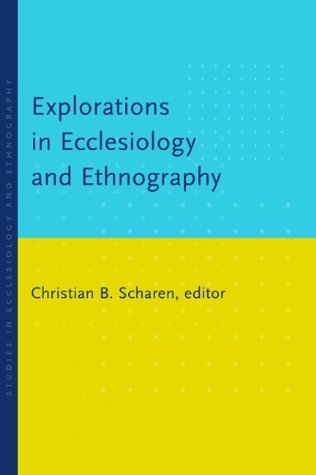There will be distinct limits to surveys and interviews precisely because they expect articulation, whereas the practices that significantly drive behavior carry implicit, unarticulated orientations to place. Further research on these themes, then, would have to pioneer an ethnography that carefully “reads” the practices of evangelical worship, as well as other suburban “secular liturgies,” in order to determine how our orientation to place, especially cities, is shaped and primed.
Welcome back. Just a moment while we sign you in to your Goodreads account.


